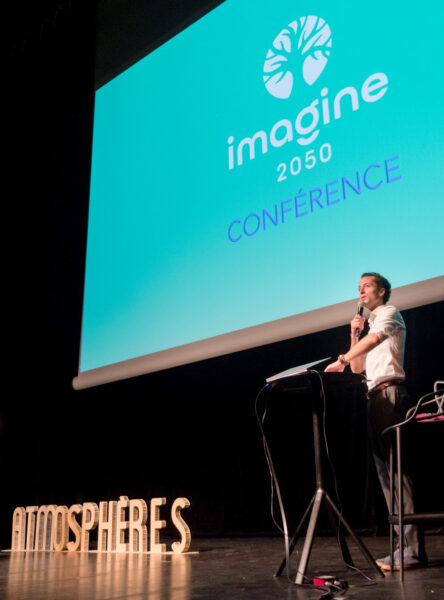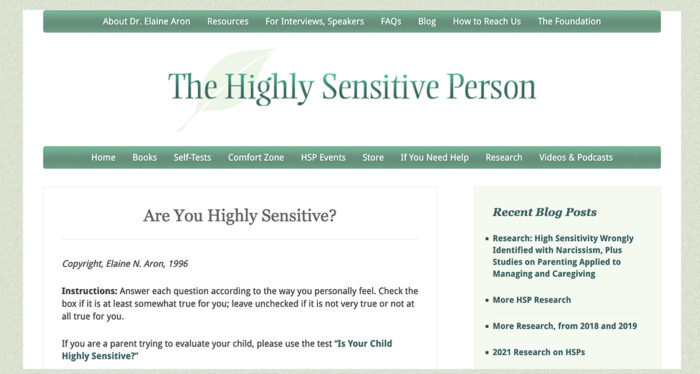This third strand in the “Brain” series initiated by Futuribles in January 2019 is given over to human-machine interactions (screens, computers etc.) and, more particularly, to the impact of screens on brain development and function, especially among young people. Daniel Marcelli, a child psychiatrist, looks here at the excessive early exposure of very young children to screens and its consequences for their development.
He begins by recalling a number of clinical findings made by early childhood specialists — children living increasingly in their own bubbles and being increasingly withdrawn — which suggest that exposure of very young children to screens is likely to have serious consequences on the development of their language skills, emotions and capacity to interact with others (whether children or adults). Stressing the importance of interactions with adults and the real world, Marcelli describes the mechanisms of the child’s construction of relational and emotional capacities, mechanisms that cannot be acquired through the use of screens and the associated digital contents but require human relations. Hence his call for a genuine mobilization on the part of the public authorities to intensify research in this field, sensitize the population to the risks of such early, intensive exposure of very young children to screens, and develop teaching tools on the rational use of these interfaces within the family.




